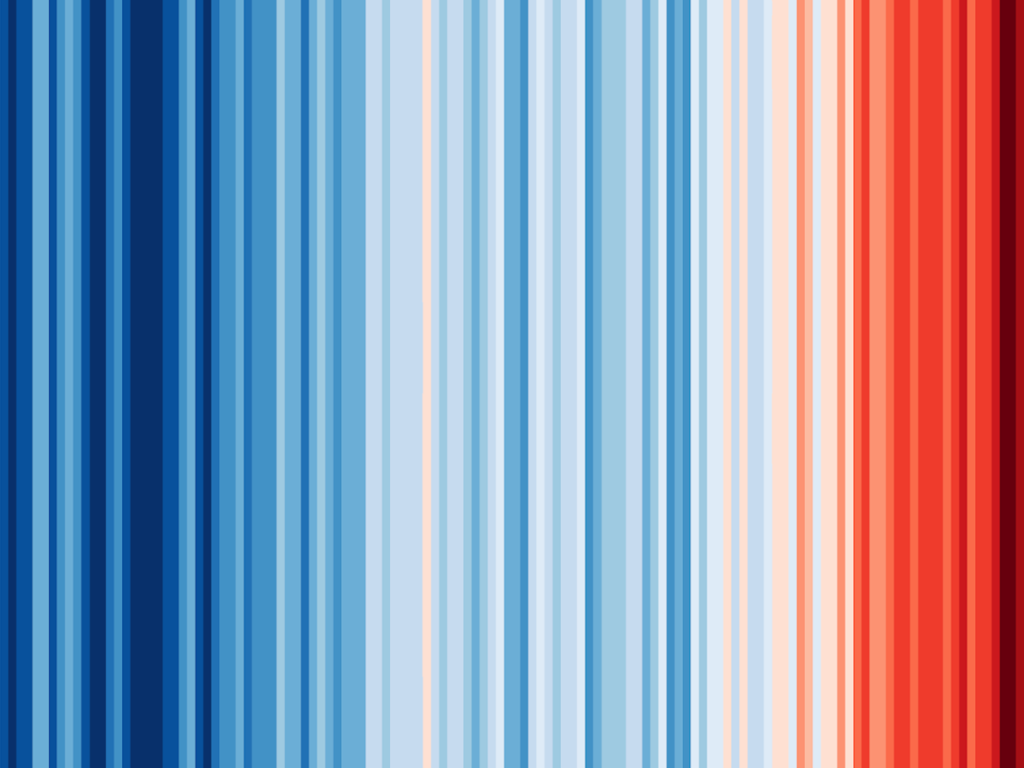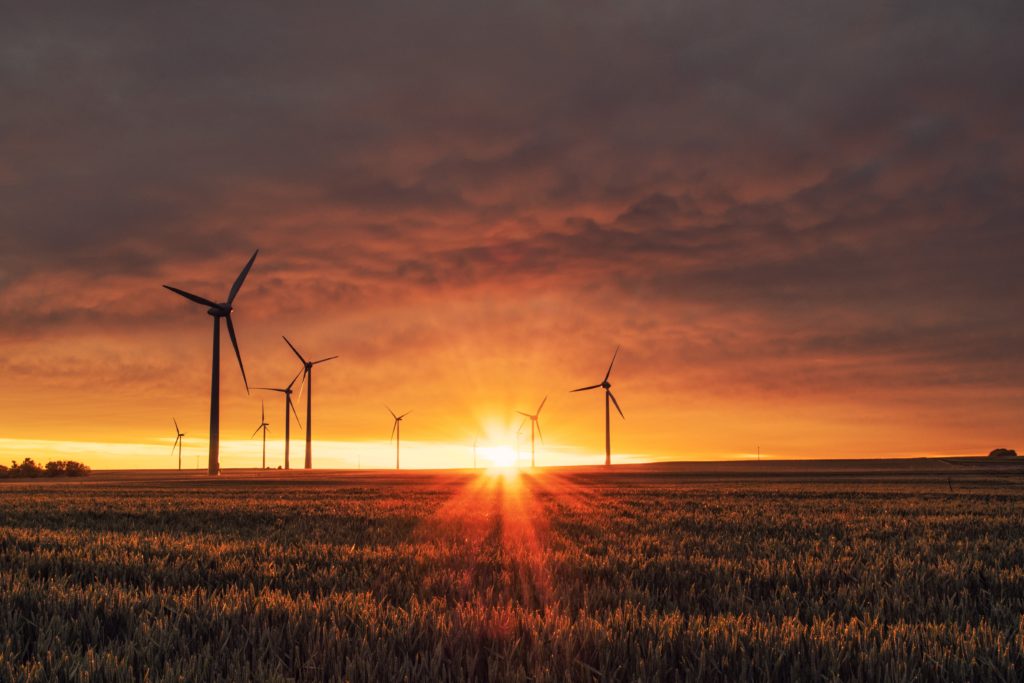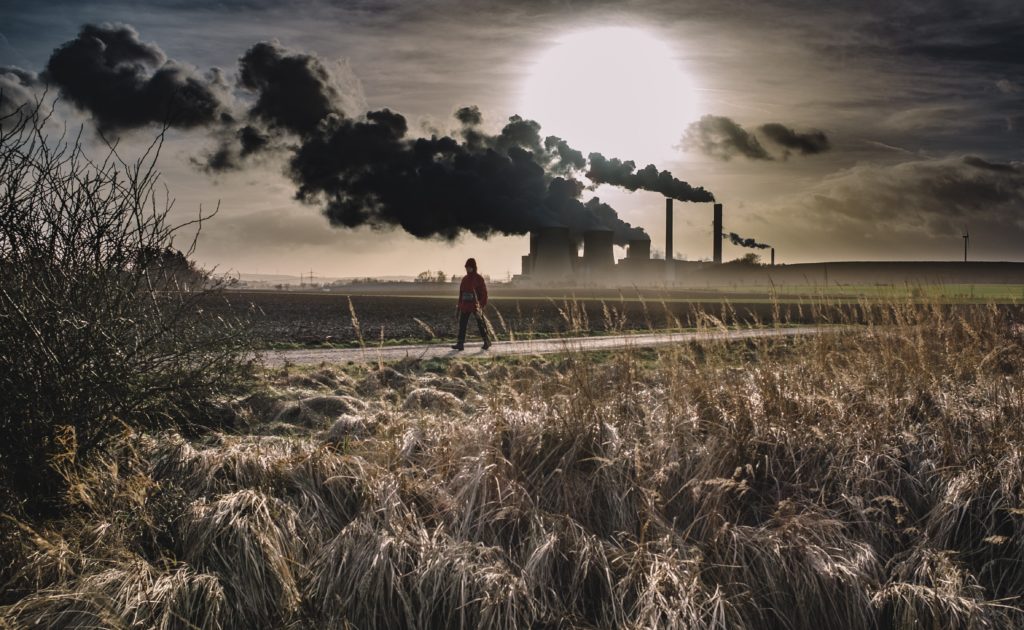
“We are the Face of Science”
They collect information from trusted sources, bring scientific knowledge to a broader audience all over the world and provide an alternative to those boring assessments

They collect information from trusted sources, bring scientific knowledge to a broader audience all over the world and provide an alternative to those boring assessments

An article by Lionel Nesta, Elena Verdolini and Francesco Vona With the striking exception of the USA, countries around the world are committed to the

Climate change-related global warming is endangering corn production. A recent study underlines the crucial importance of maize in the food system and in the global market, analyzing the possibility of a simultaneous collapse in maize production in the major exporting countries.

A new study claims that fossil fuel subsidies are a burden for national budget and for the environment. Carbon pricing should be introduced, instead, as a solution to drastically reduce CO2 emissions and obtain financial resources to address sustainable development.
While traditional economic models consider human beings as rational agents that maximize their pleasure (or “utility”), Behavioural Economics questions the rationality of people’s decisions. How can governments promote environmental policies more efficiently? We selected four policy insights from the Behavioural Economics literature.

A new study attempts to verify if and in which cases cities can constitute proxies to study the effects of long-term climate impacts on plants and animal species. Some peculiar conditions of urban centres, such as high CO2 concentrations, are hard to replicate experimentally; on the other hand, urban variables and characteristics could be misleading for the ecological research.

An article by Alexis Bernigaud In 2014, human beings produced 317.85 Million tons of meat, which is twice the amount that was produced in 1985,

The climate change-related increase in sea water temperature is making fish groups move, leading to the creation of new transboundary stocks. National and international bodies must take action now and cooperate on the implementation of new fisheries regulations and practices, to avoid potential future conflicts.

In this excerpt from the recently published ‘Handbook for Scientists’, the science journalist Elisabetta Tola explains why we need more scientists on board to develop accessible scientific knowledge. The Handbook is part of the Lookout Station project, a science-media initiative designed by Rina Tsubaki to foster public engagement of climate change by connecting science and journalism. Repost courtesy of the European Forest Institute.

Climate change – related sea level incursions could have a devastating impact on Internet communication infrastructure even in the relatively short term. A risk assessment to highlight the threats to the management and operations of communications systems and develop mitigation strategies designed to minimize the impacts on coastal areas.

Since 1961 the annual global growth in fish consumption has been twice as high as population growth, demonstrating that the fisheries sector is crucial in meeting the goal of a world without hunger and malnutrition. Data and in-depth analyses on global fish production, consumption and marketing rates, together with some first attempts at quantifying the possible future scenarios regarding the linkages of fisheries and aquaculture both to climate change and to other challenges, such as pollution. The current state of these two key sectors worldwide up to 2018 in the new FAO report.

Faith in progress through new technologies has been a driving force since the industrial revolution, but countries have come to realize the finiteness of natural resources: can we really resolve problems that were caused by the rise of industrial and technological progress with the same processes? Philippe Bihouix advocates for a development model in which “low technologies” would replace today’s “high-tech” world.